How To Properly Maintain Your Septic Tank
The average cost to replace a septic tank is between $3,000 and $7,000. It's a big investment, so it's important to give your septic tank regular maintenance to keep it working efficiently. According to the S.C. Department of Health and
Environmental Control, septic tanks need to be cleaned every 3 to 5 years. Routine maintenance checks and cleaning will help you save money by preventing costly repairs on it. It will also help make your property's environment a safe and healthy space. This article will discuss the basics of a septic system, maintenance tips, and signs the septic tank needs repairs.
What Is a Septic Tank?
A typical septic system will contain a drain field and a septic tank. A septic tank is usually placed underground and separates scum and solids from your property's wastewater. The water that is separated is called "effluent" and runs to the drain field. Most homes that use septic tanks are found in rural places that do not have access to public sewers. While some homebuyers may view a separate waste disposal system as a negative, septic tanks are very effective and can last for thirty years or more if given proper maintenance.
What Is a Drain Field?
When a septic tank expels effluent, it passes the effluent on to a drain field. To create a drain field, a piece of land is excavated, the soil is treated with bacteria, and then the site is filled back in. The soil acts as a filter to clean the effluent before it returns to the ground water supply. The drain field can flood if it is filled too much or the soil is worn down, which can lead to problems. Proper care is necessary to avoid these issues.
Why Is Septic System Maintenance Important?
The more you perform regular maintenance checks on your septic tank, the longer it will last and continue to work efficiently. When it comes to maintaining your septic system, the objective is preventing the contamination of the ground water, drain problems, and sewage backups. The tank needs to be pumped to remove accumulated waste. This will prevent solids from congesting and clogging in the system. The frequency of pumping varies from home-to-home based on usage and the makeup of the wastewater. Ask your technician for advice on how frequently you need to pump your septic system.
Other factors that determine how often you pump your septic system include the septic tank size, the number of solids present in your system, and the amount of wastewater generated. Generally, it's best to have your septic system pumped and inspected at least once a year. Listed below are some easy maintenance steps you can follow to ensure your septic system operates efficiently and lasts longer.
Comprehensive Maintenance Tips
- Perform Regular Maintenance: For your septic system to run efficiently, you will need to schedule professional septic services to come to inspect your septic system each year. A qualified professional will be able to inform you about how often you need to pump your septic system. This helps to prevent your septic system from breaking down.
- Maintain Your Drain Field: Avoid planting, building, or storing anything on your drain field. Make sure you speak with your contractor to figure out how often it needs to be reset to avoid issues.
- Perform High-Pressure Water Jetting: Regardless of regular pumping, all septic and plumbing systems may collect debris and other solids in drain pipes. This waste matter is a key cause of clogging in pipes connected from the home to the septic tank, and from the tank to the drain field. Getting high-pressure water jetting is recommended every five years. This helps to eliminate or clear solids and debris that may hinder your system's efficiency.
- Use a Bacteria Additive: If you own a septic tank, you should consider using live organic bacteria to break down solids or unnatural substances present in the system such as soaps and detergents. These substances are responsible for eliminating contaminants and allowing your septic system to function efficiently.
- Install an Effluent Filter: Replacing and cleaning your filter, which is tasked with preventing contaminants from entering your drain field, is important whenever you do a maintenance check on your septic system. Some septic systems don't have a filter. If that is the case for your system, consider getting one for greater security and efficiency.
- Limit the Amount of Things You Put In Your Garbage Disposal: Putting certain things in your garbage disposal will damage your septic system. Avoid putting fats, coffee grounds, and cooking grease into your garbage disposal to prevent your septic system from clogging up.
- Buy High-Efficiency Appliances: Using water efficiently will improve your septic system's operations. The more water is wasted, the more it enters the system. This causes damage and can potentially flood your drain field. To prevent this, it's recommended that you use appliances with high efficiency.
- Save Maintenance Records and Inspection Reports: You should save the service reports and maintenance records after having your septic system inspected for maintenance. Inspections should have well-outlined reports that provide details on existing or potential leaks as well as insights into if there were any damages to the septic system. If your septic system is damaged, then you will have to hire the services of a qualified technician to repair it.
- Don't Flush Stuff Down the Toilet: You should avoid flushing items down your toilet to prevent your septic system from breaking down. Items such as toilet paper are designed to dissolve and break down in a septic tank, but some items are not meant to be flushed down the toilet even if they are deemed "flushable." Things you should avoid flushing down the toilet include cat litter, paper towels, coffee grounds, cigarette butts, diapers, and cooking grease or oil.
- Don't Pour Chemicals Down the Drain: Regardless of whether you are using a bathroom shower or kitchen sink, you should avoid pouring toxic liquids, grease, oil, and chemical drain openers down your drain. This helps with preventing damage to your septic tank.
- Don't Waste Water: Conserving water is one of the efficient ways to maintain an effective septic system. You can avoid wasting water by investing in highly efficient appliances, repairing running toilets, and fixing leaking faucets.
Signs of Problems
There are plenty of signs that your septic tank has a problem. Detecting the emission of bad odor from your septic system is a sign that it may be failing. Noticing muddy water surrounding your septic system is also a sign it is failing due to the accumulation of too much waste. If you notice pools of water from your drain field or patches of bright green grass, it's a sign the drain field is used up. It's important to call a septic contractor as soon as you notice the signs to prevent contamination of the groundwater and other unpleasant consequences.
A septic system is essential in the functioning of a household which is why it is important to maintain it properly. Make sure that you follow the correct procedures when it comes to maintaining a sewer system. Do not attempt repairs or maintenance if you don't know how. Instead, seek the services of a reliable professional to help you. For a high-quality septic tank contractor, turn to the experts at Reliable Septic and Services. Call today for more information.
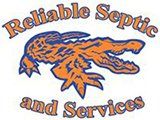
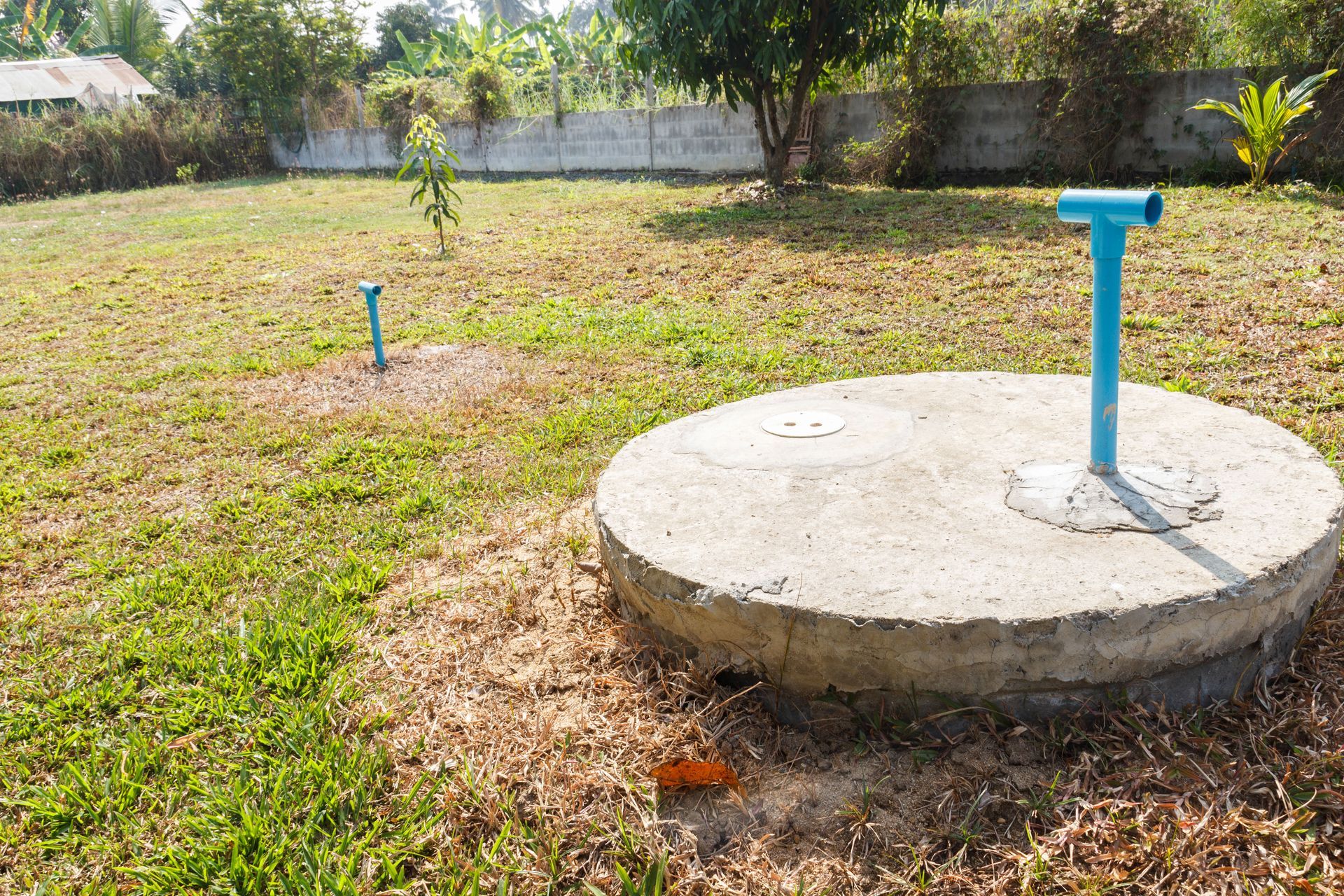
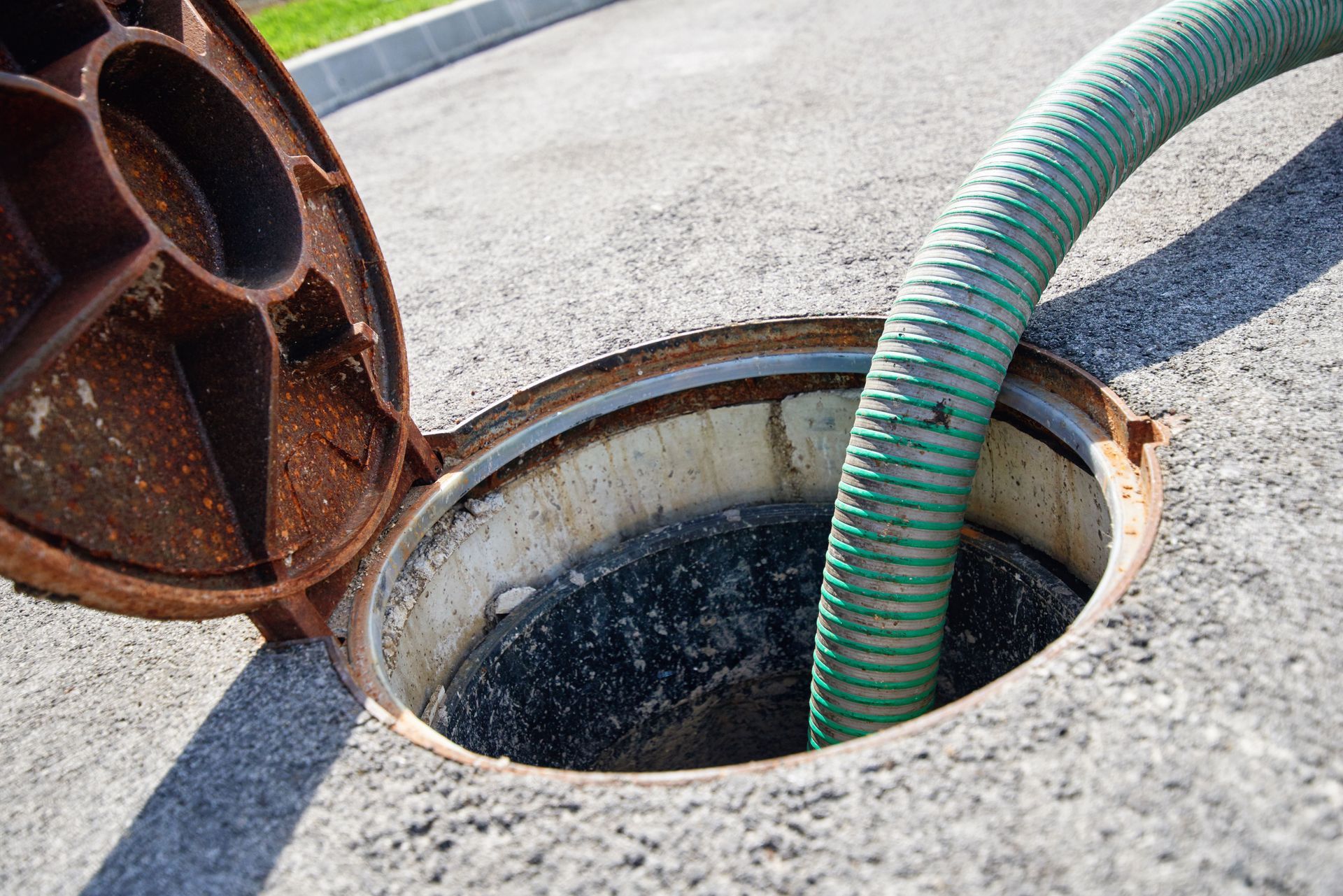
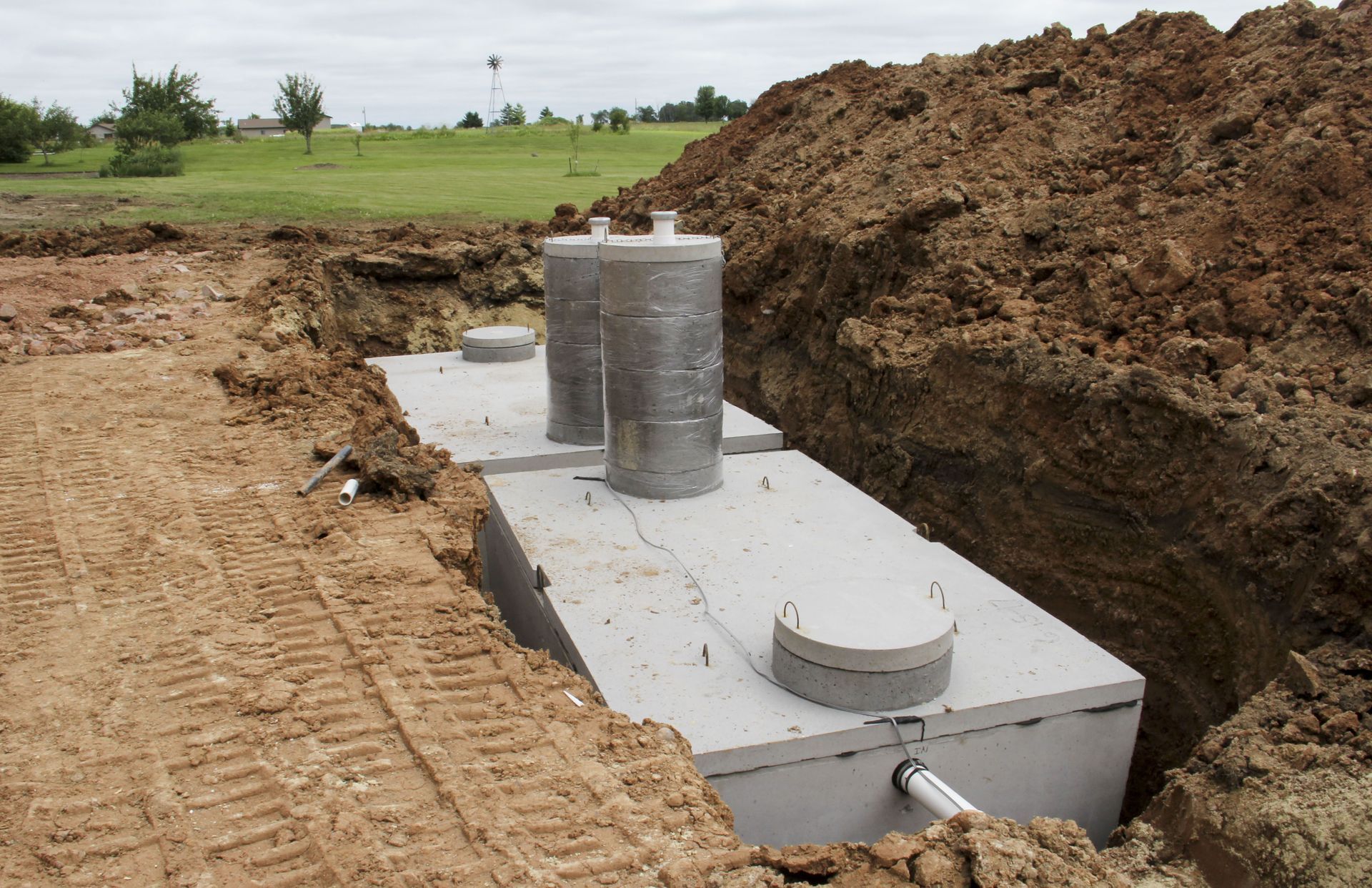
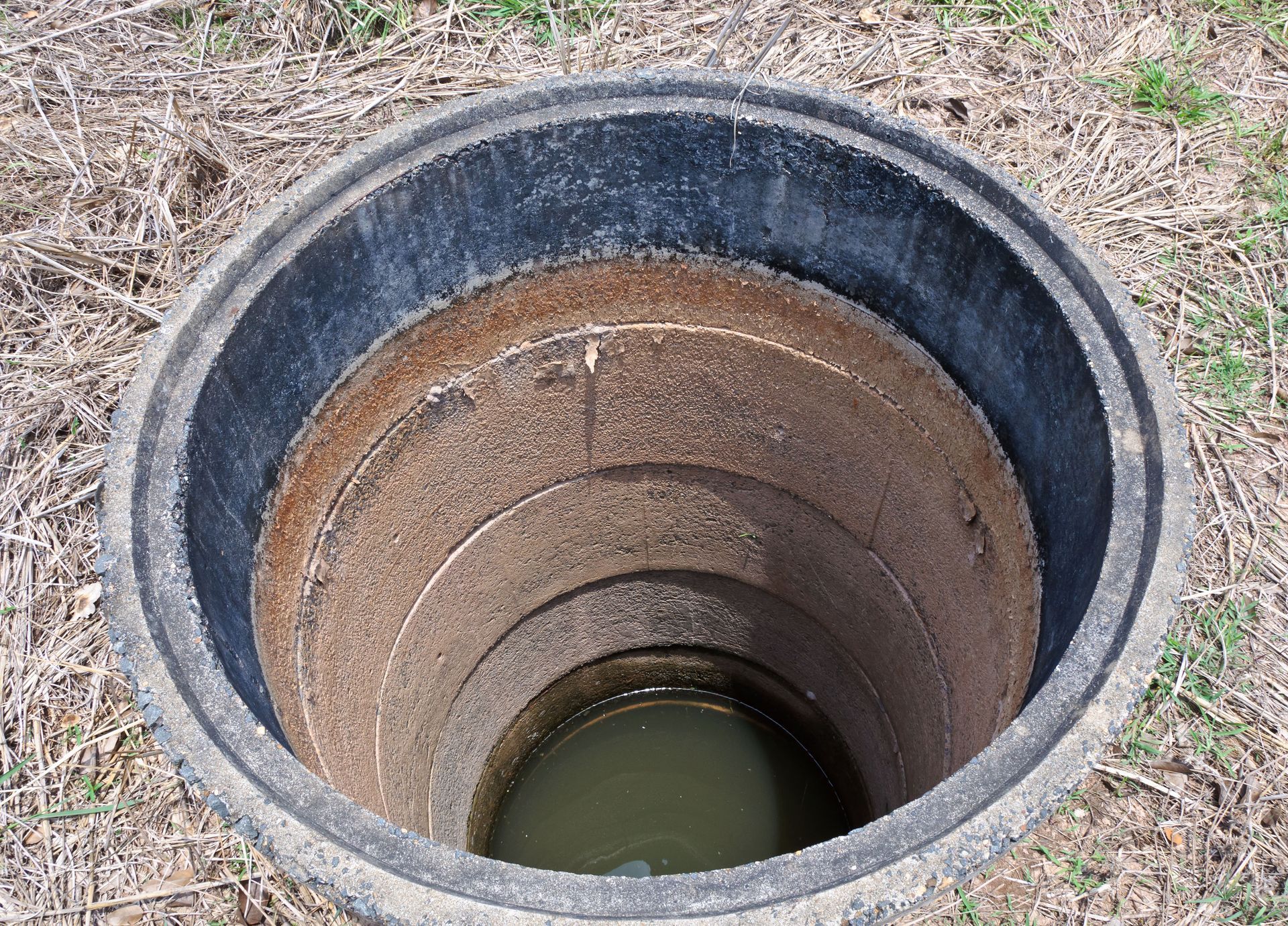
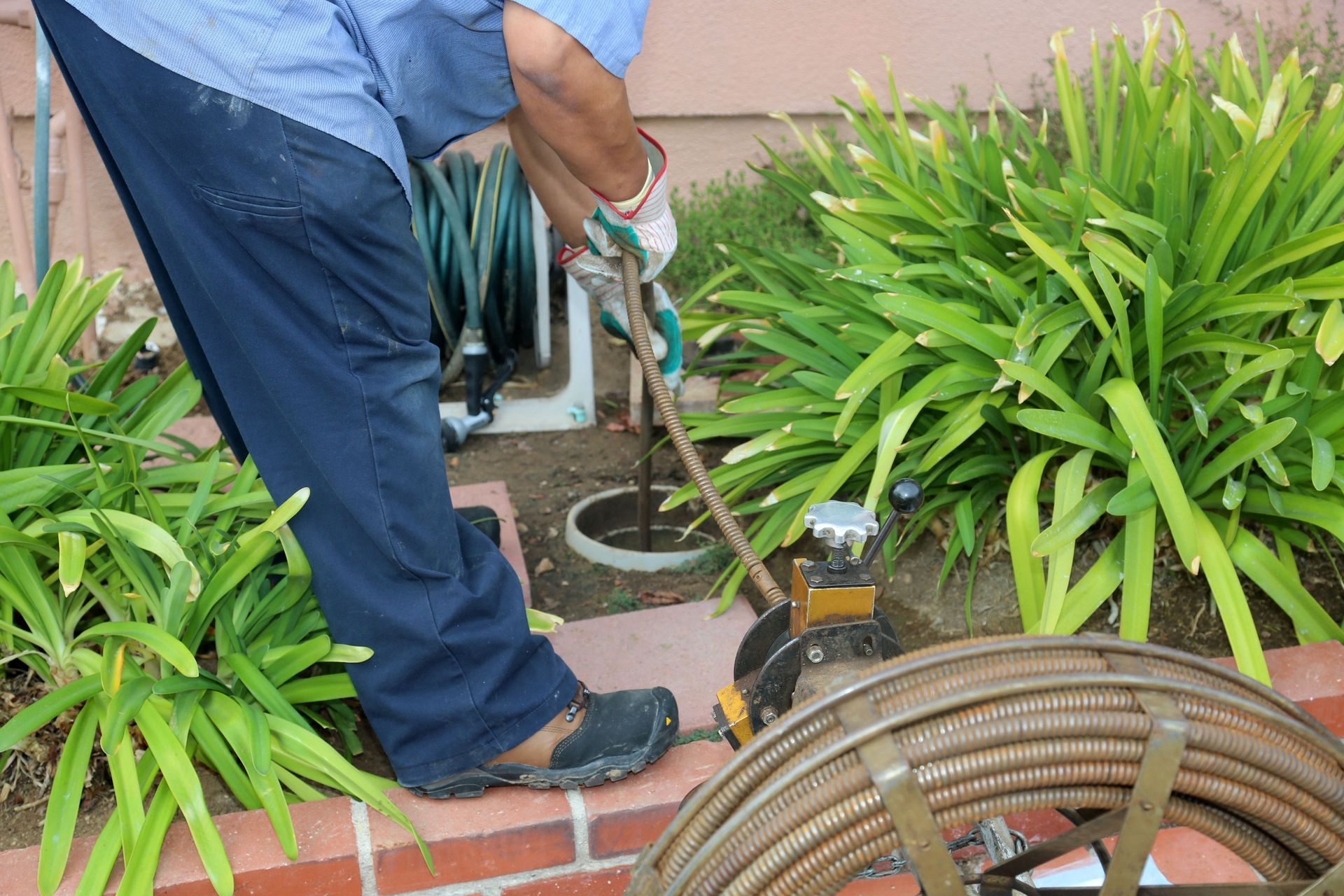
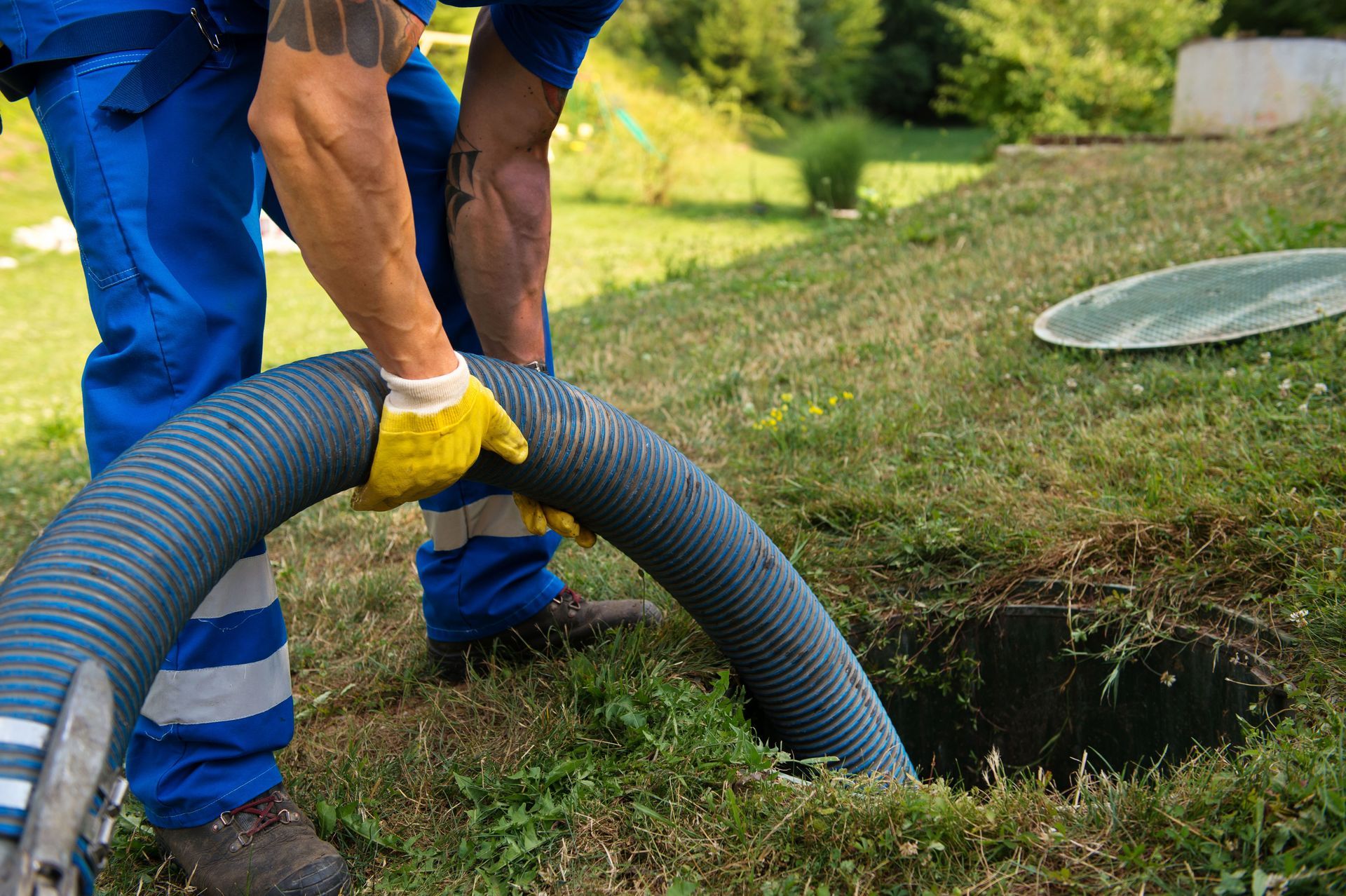
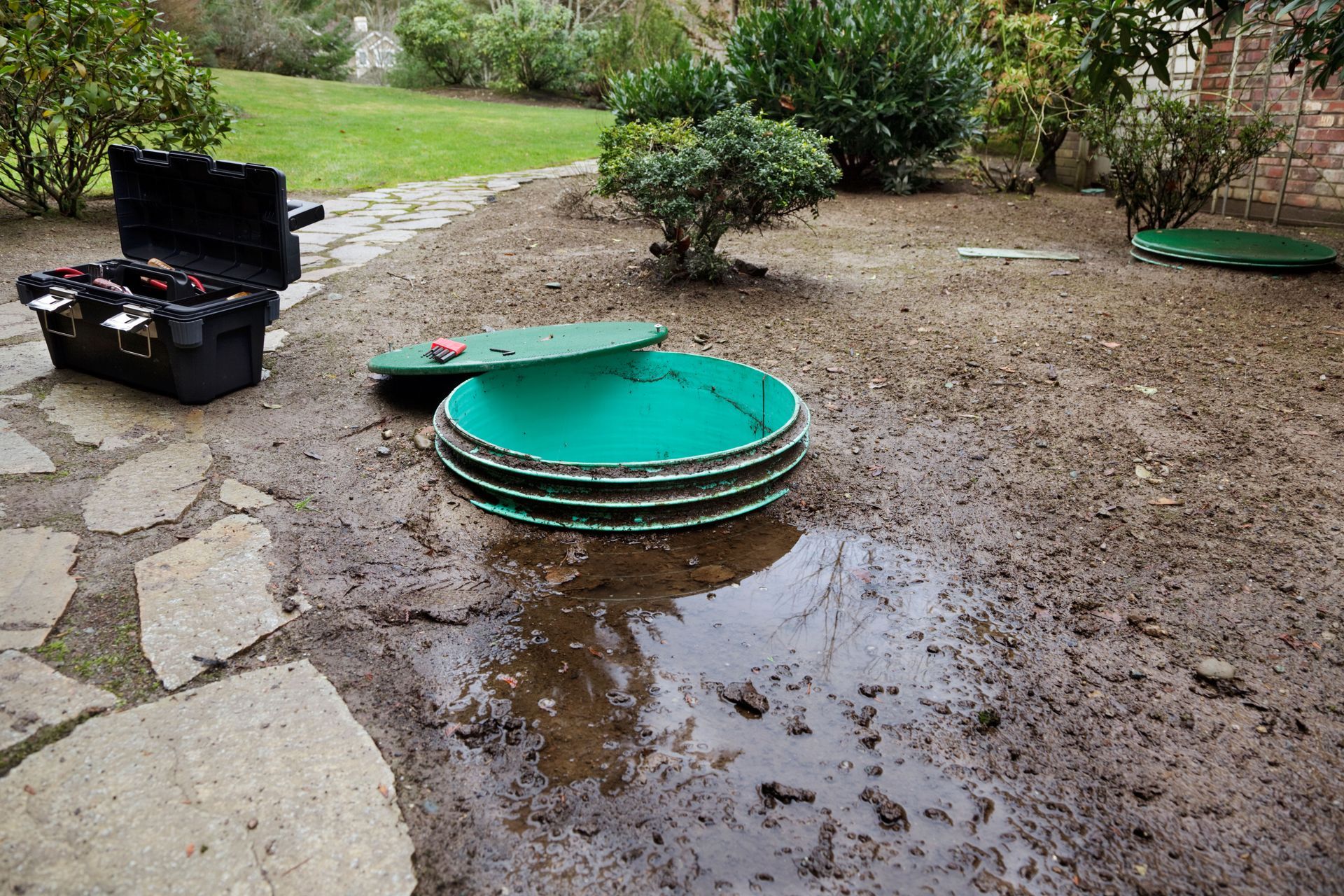
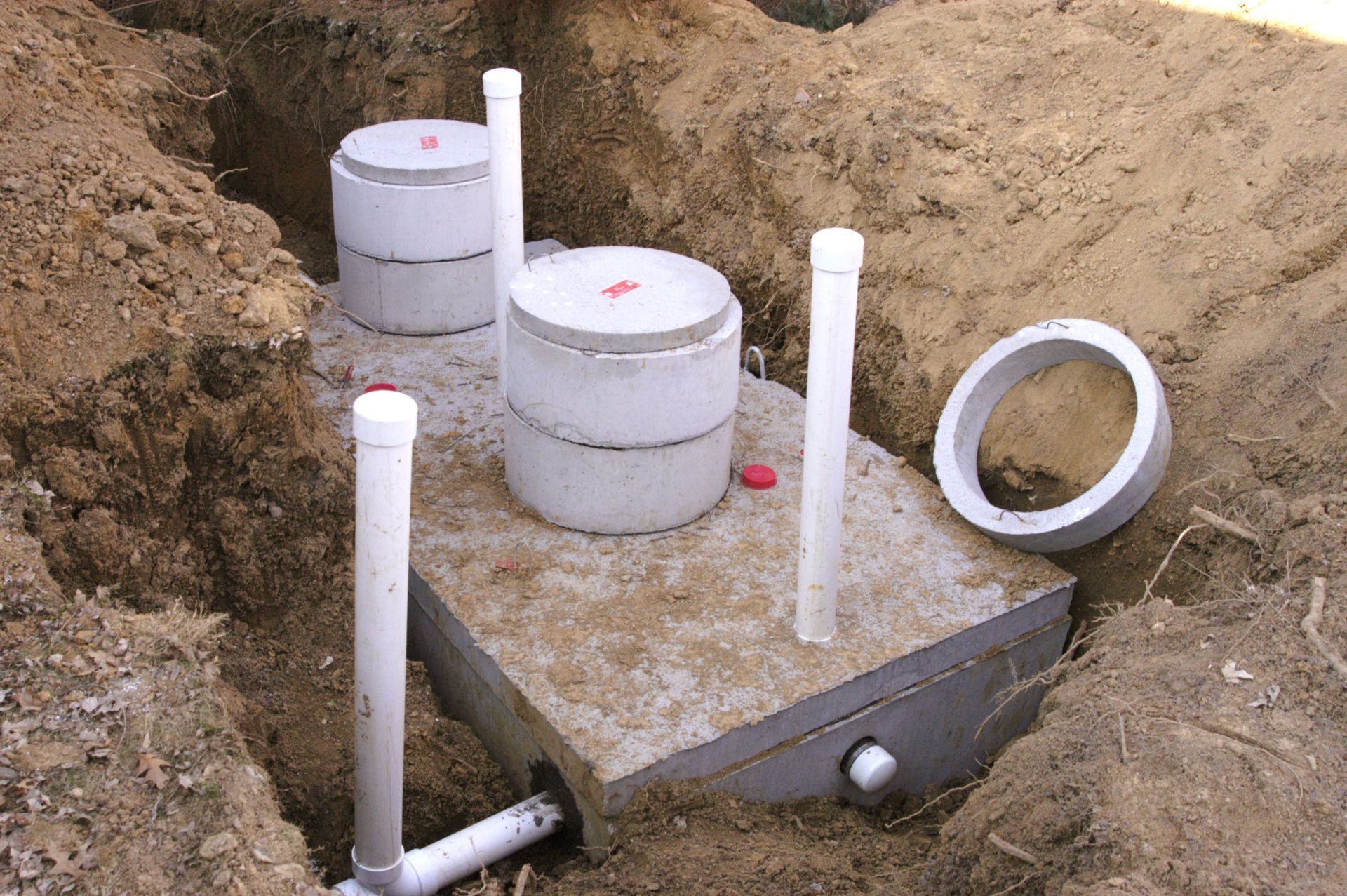
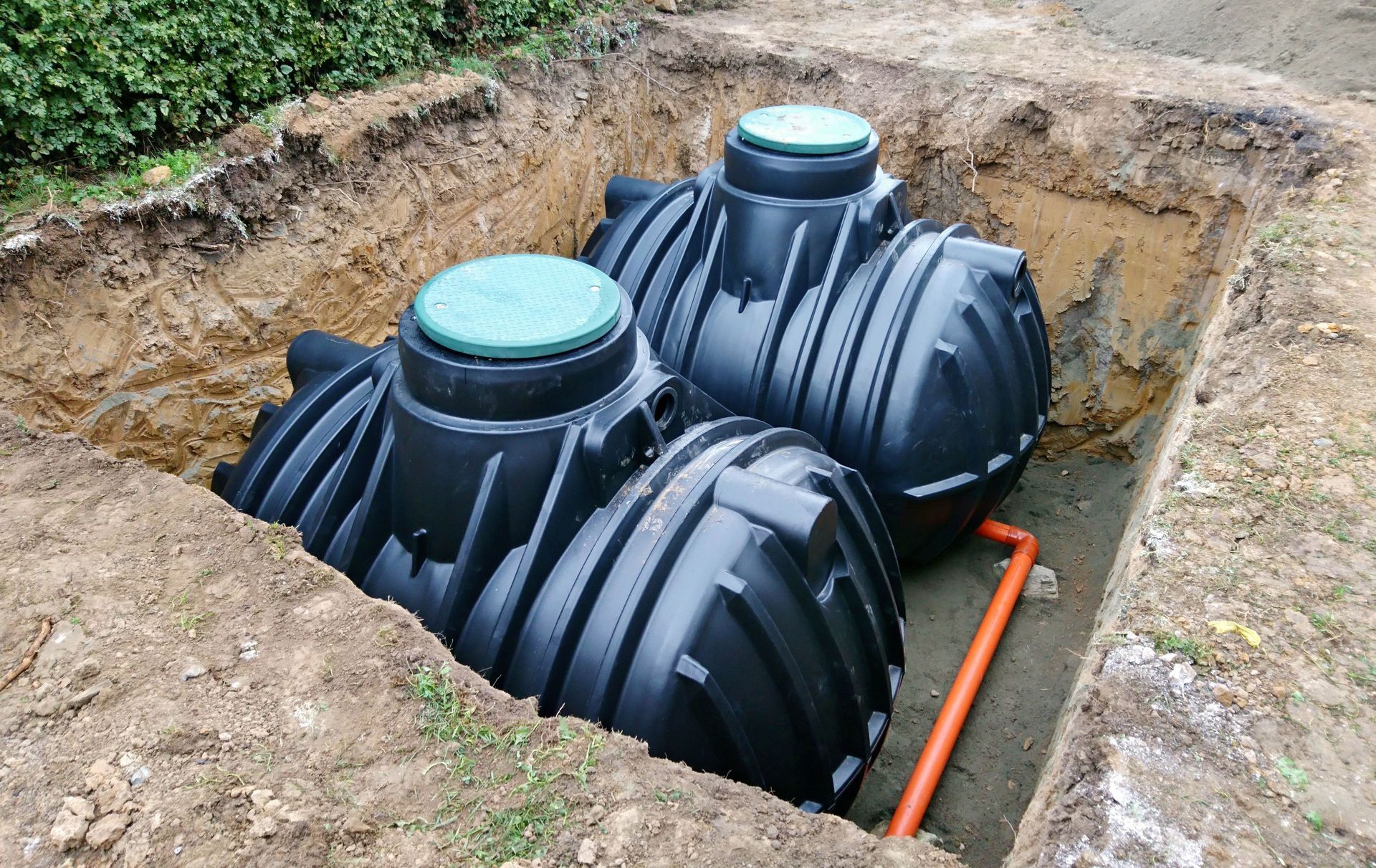
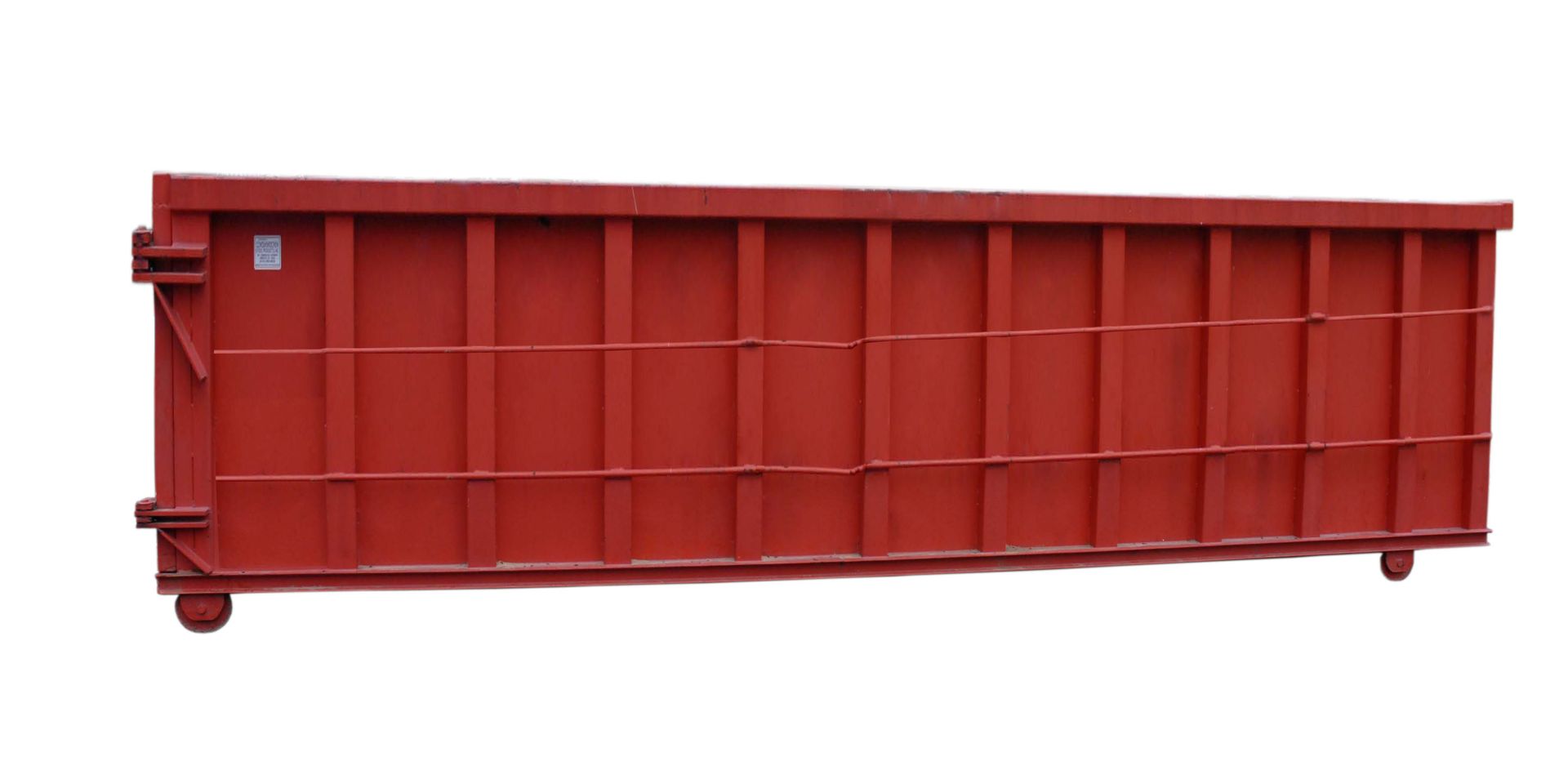
Share On: